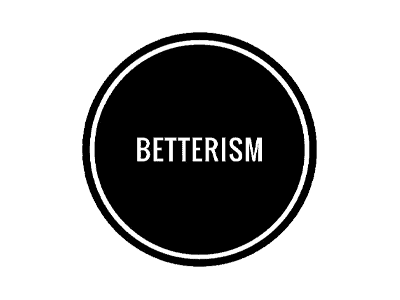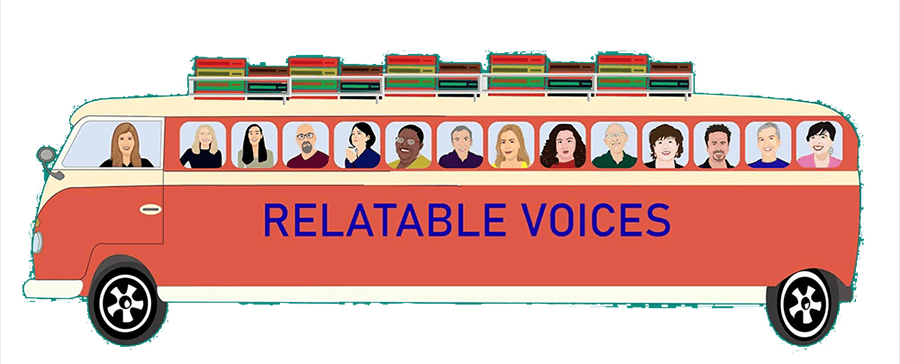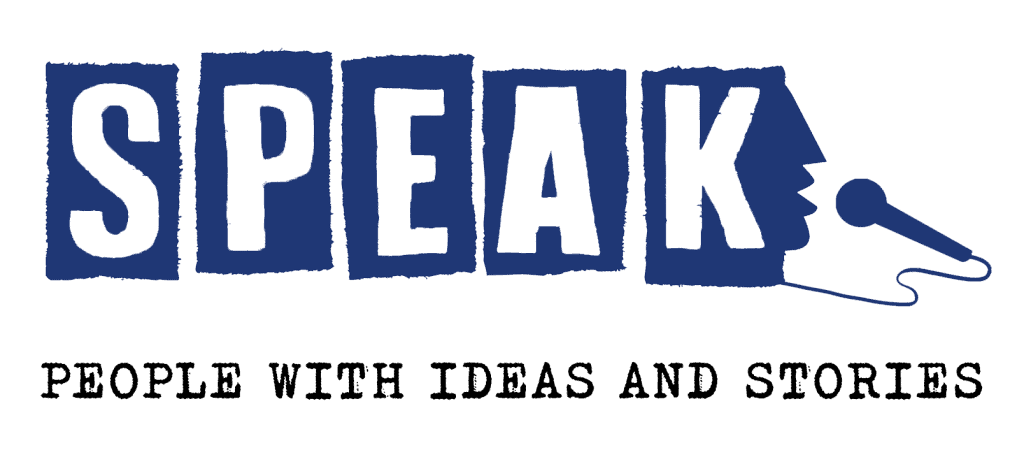When I stepped into caregiving, it completely turned my life upside down after an unexpected crisis demanded I take action. This journey exposed me to the harsh realities many face—balancing emotional stress with the whirlwind of unforeseen responsibilities.
I want to introduce you to the concept of ‘sharegiving,’ a strategy to distribute the caregiving load within a community. With over 55 million unpaid caregivers in the U.S., I want to shed light on the immense, often unseen work they do, valued at over $600 billion. But this isn’t just about numbers; it’s about real people facing real challenges. My story is a heartfelt call to transform caregiving from a solitary struggle to a collective mission, ensuring that caring for a loved one doesn’t mean losing oneself.
I invite you to join me in rethinking caregiving, aiming for a journey that’s about smart management, not just more sacrifice.
About Me:
I have cared for many family members across the life span, experiencing the joys and challenges of child-rearing, the poignance of caring for parents, friends, and elder partners. I realized that I could not handle the stress of family caregiving 24/7/365. It was time for a new approach to caring. My health and happiness were slipping away. This is how Think to Thrive for Caregivers evolved. Let your mind meet your heart so you don’t lose track of your life.
Connect with Me:
https://www.deborahgreenhut.com/
https://www.linkedin.com/in/deborahgreenhut01/
Thanks for listening!
Thanks so much for listening to our podcast! If you enjoyed this episode and think that others could benefit from listening, please share it using the social media buttons on this page.
Do you have some feedback or questions about this episode? Leave a comment in the section below!
Subscribe to the podcast
If you would like to get automatic updates of new podcast episodes, you can subscribe to the podcast on Apple Podcasts or Stitcher. You can also subscribe in your favorite podcast app.
Leave us an Apple Podcasts review
Ratings and reviews from our listeners are extremely valuable to us and greatly appreciated. They help our podcast rank higher on Apple Podcasts, which exposes our show to more awesome listeners like you. If you have a minute, please leave an honest review on Apple Podcasts.
Transcript
Hello. I'm launching this podcast with a bit of background about my caregiving experiences to help you understand where I'm going with the idea of sharegiving. By that made up word, I mean sharing the caregiving, and that's more than a two way street. Caregiving begins somewhere, whether it's a subtle, fateful tap on the shoulder or a thunderclap of a telephone call that changes your world forever. I imagine now it could begin as a text message or some social media signal, but it is often unexpected, unplanned and a disruption, we may be honored to be asked to help or ungrateful for the inconvenience, but when no one else steps up, we may find ourselves chosen, even if we can't exactly pinpoint the line or remember when we crossed it. So much depends on whether we can decide to care for a loved one or life takes over and requires us to step in and care. Being a parent, for example, is a kind of caregiving I chose with joy. It may have been a roller coaster, but it was the one I wanted. But caring for an ill or disabled loved one is often a necessity that is decided for us.
Deborah Greenhut:The fact is, though that most of us, as the late First Lady Rosalynn Carter explained, either have been, will be or are caregivers or will need one someday. Can you relate to that? My someday came on subtly. At first. My dad had called a couple of days before to explain that he and mom wouldn't make it to Thanksgiving that year because she had the flu. He was 80 and mom was 71 they were taking care of each other, he said, and he apologized and wished us well, maybe mom should be in the hospital. I asked him. He told me that she refused to go. And you know mom, he said, I know she got the last word, but when the phone rang on Thanksgiving Day, our oven timer had just gone off, and my kids and I had gathered near my husband around the stove for the ceremonial opening of the oven door. I picked up the phone, and all hell broke loose. Nothing subtle. There it was, my dad shouting, she's dead. She's dead. This pressed us into a frantic scramble to plan. Well, I packed a few things to run up to my parents home to see how I could help my father. I was 45 years old, and I only had an inkling of how ill prepared I was to try to take over for my mother. This experience disrupted and changed my life and changed me in ways I could never have anticipated. I was determined to make sure my father survived the shock of this grief and take care of my mother's funeral and whatever else needed to be done to help my dad make it through. I thought I could be superwoman for just long enough to take care of him. I'd had several conversations with my mother during the previous summer to try to be ready. I just had a feeling, should the need arise for me to help either one of them, my mother kept reassuring me that all the paperwork of wills was done and that she would put them in a certain shelf in her closet, and that I shouldn't have to worry. I couldn't help feeling a little bit uneasy about the promise, but I didn't feel comfortable arguing too much, because she was finally opening up about these matters, and she seemed so frail. Well, the massive papers and confusions about who knew or did what was something I never anticipated when it finally happened, my dad knew nothing about his situation, because mom had run his office and the finances all throughout their married life, there was a business to close, records to be disposed of, lawyers to be hired for lawsuits in mom's estate. Medical records for dad that I couldn't find in doctors who wouldn't share anything with me and no significant help from family members, I dug in, I exhausted myself with details, only to find myself driving my father to the emergency room about two months later, as he suffered a massive heart attack in the passenger seat of My car. After my father died, the work doubled because there were now two estates to resolve and no one available to answer any of my questions. It took me four years and the beginning of a chronic disease to complete the work, and I will never be the same.
Deborah Greenhut:Some of you won't have to imagine. Is that transformation? Because you have lived through the experience of caregiving too. Before that, I had lived a very different life that gave me some of the skills that could have helped me manage the situation in a way that did not exhaust me, but I found that my feelings blocked my clear thinking, and as people declined to help me, a degree of despair crept in that prevented any rational response to the insane demands that were placed on me. I had been an educator and a manager, a college professor and an entrepreneur and an independent contractor, but all of this fell away in the panic and grief that began with my mother's death, and for a long time, I could barely tread water in the ocean of tasks that I confronted. Have you been there too? My first experience was nearly 30 years ago, yet I'm hearing similar tales from people who are just beginning their caregiving duties this day. Why is it so important to improve the quality of life for caregivers? You ask? Now is the time some statistics can help us to see the big picture. If there are 1 billion disabled people needing caregivers on Earth, that means there are at least another billion engaged in caregiving. Some loved ones require more than one caregiver. Some caregivers are taking more care of more than one loved one, and a significant proportion of the world's population is engaged in being or needing a caregiver. Just as Mrs. Carter explained in the US, there are at least 55 million unpaid caregivers, according to AARP, and probably more, and they contribute more than $600 billion to our economy in unpaid services. Family caregivers also contribute some of their own money in addition to sacrificing their own health while helping loved ones in the weeks to come, I'll look at the consequences of caregiving while gathering solutions that will help people share the load. It's easy for us to spot the problems, but the solutions may be harder to come by unless we put our heads together. Caregiving is often a 30 or more year assignment for people, and in some cases, the work is so demanding that caregivers die before the people they care for. I think that has to stop.
Deborah Greenhut:Those are some grim facts, but there are ways we can do better. What I've learned and what I want to provide for you is that there are strategies for managing caregiving that can allow you to keep your financial, emotional, physical, well being while being responsible for a loved one. I believe you can be successful in this labor of love if you allow your mind to lead your heart to rational caregiving. Caregiving should not have to become a sacrifice of one life for another's well being. So this is what I want to help you achieve, a thoughtful, rational experience where managing instead of doing more is the improved goal. I want to help you become a share giver in your life journey, you can wear the hat of an explorer, a tourist or a prisoner. The prisoner is led along uncomfortably by forces outside of her control. A tourist goes along for the ride and doesn't learn or cope very much along the way, other people take care of that for him or her, an explorer seeks out new and deeper understanding of her life by trying out new strategies and taking charge of her destiny, adapting and experimenting to find creative ways of coping and savoring the unknown road ahead. I hope you're choosing the Explorer hat so you can ride with me until next week. Think about ways to share the care and put on the hat. Thank you.
















